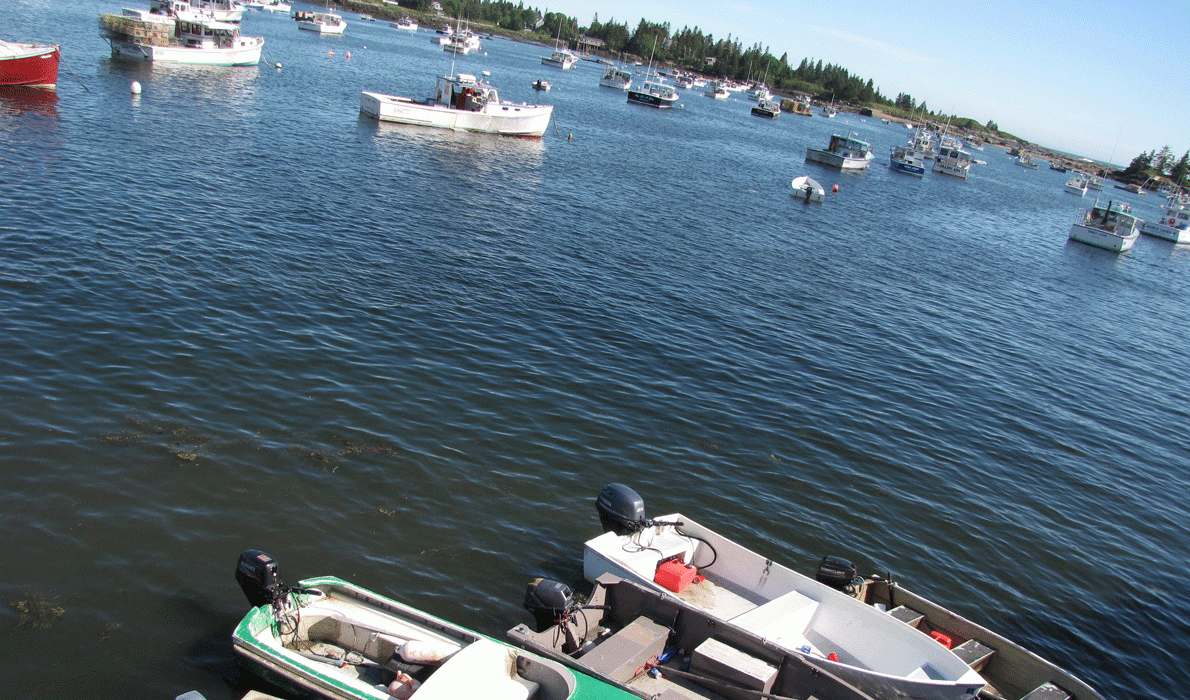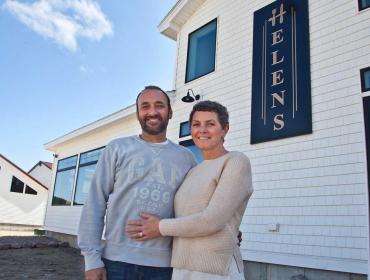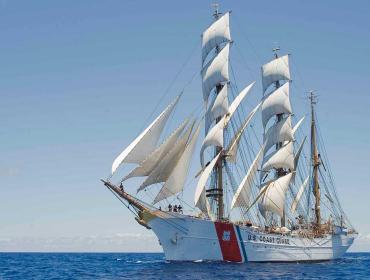Posted November 13, 2018
Last modified November 13, 2018
By Lillian Saul
The three proposals outlined below would, if implemented even partially, mitigate the looming bait shortages for lobstermen across the Gulf of Maine. They directly respond to informal talk of a 400-trap limit and instead take into account the polychrome interests and needs of Maine communities and lobstermen. Especially for unbridged island communities, which depend heavily on the lobster fishery and have little other employment options, a solution that allows a majority of fishermen to maintain 800 traps remains imperative. The aim is to keep intact the foundations of coastal Maine, while addressing the very real problem of bait shortages.
Limit part-time fishermen to 400 tags:Limiting part-time fishermen to fewer traps would decrease the overall number of traps in the water and therefore the amount of bait needed. Many lobstermen—particularly those on islands—depend on fishing as their only source of income through the entire year. Yet some part-timers fish the full trap limit even when they have income from other work.
Often, these fishermen take advantage of the peak times in the lobster season to exploit the best fishing of the year, while during the winter and spring months—generally the least productive—produce income by other means. It is to this demographic that the 400-tag limit should apply—not to fishermen wholly dependent on lobstering.
Separate offshore and inshore fisheries:Ensuring that large fishing operations with federal permits stay outside state waters year-round would distribute bait demands more evenly between winter and summer fishing seasons. During summer, while shoal waters are flooded with shedders, bait demand would be concentrated in inshore fishing vessels; during the fall and winter months, when lobsters travel to deeper waters offshore, bait would go to the larger offshore vessels.
Presently, these offshore boats—frequently spanning over 40-feet long and setting gear 30 miles from shore—can be seen in the summer months fishing the shoal waters for shedders alongside kids in boats with outboards. Yet offshore fishermen have steady income through the entire year, and do not require income from close in waters to survive.
Stricter enforcement of owner-operated fishing vessels rule:This final proposal is the most simple and straightforward. It would not only cut down on the number of traps in the water, but support community growth by distributing wealth more evenly among fishers. One fisherman needs only one fishing vessel and one set of gear to make a living. While it is increasingly common to fish more than one set of gear, this is an unnecessary and dangerous trend that could not only increase bait demand, but also produce monopolies that have the potential to destroy Maine’s fishing communities.
These three simple solutions would reduce bait demand, while allowing island communities to survive. Island fishermen deserve the opportunity to support themselves and their families. They deserve the option to stay in the town where they grew up, and, in many cases, where their families have lived for generations.
Lillian Saul lives and fishes on Vinalhaven.




